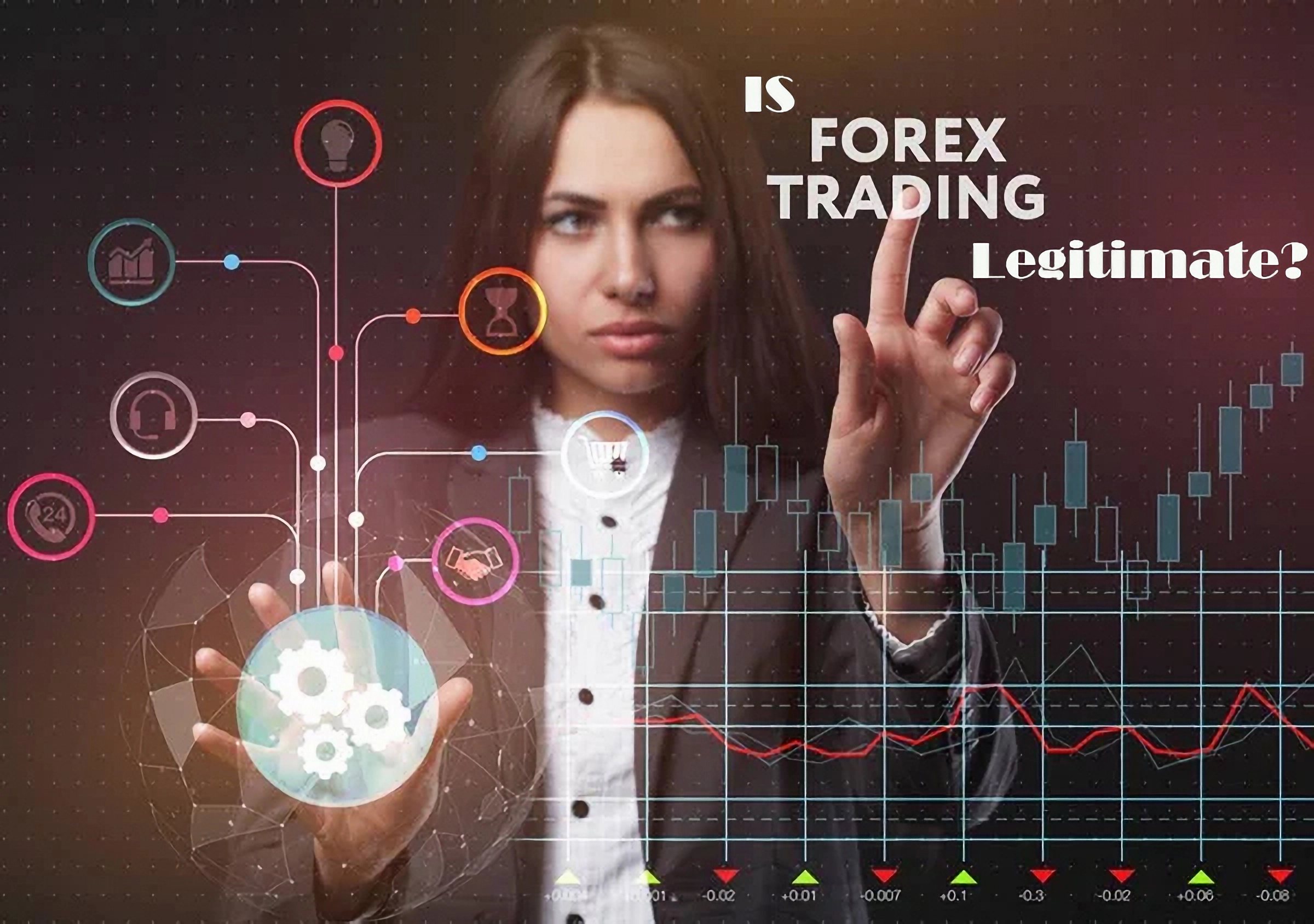
Is Forex Trading Legitimate?
Forex (foreign exchange) trading has garnered significant attention over the years, with many investors enticed by the potential for high returns. However, questions about the legitimacy of the forex market continue to arise. This article aims to dissect the reality of forex trading, addressing common misconceptions, regulatory measures, associated risks, and success stories that highlight the potential of this dynamic market.
Understanding the Basics of Forex Trading Legitimacy

Forex trading involves exchanging one currency for another in a global marketplace. Participants include banks, financial institutions, corporations, and individual retail traders. Over $6 trillion is traded daily, making it the largest financial market in the world. However, the legitimacy of forex trading is often questioned due to its decentralized nature and the prevalence of scams.
Key Elements of Legitimate Forex Trading
- Transparency: Legitimate forex trading platforms provide clear information about their services and operations.
- Regulation: Regulated brokers are subject to strict guidelines that protect investors.
- Market Liquidity: High liquidity ensures that trades can be executed quickly and at desired prices.
Common Misconceptions Surrounding Forex Trading
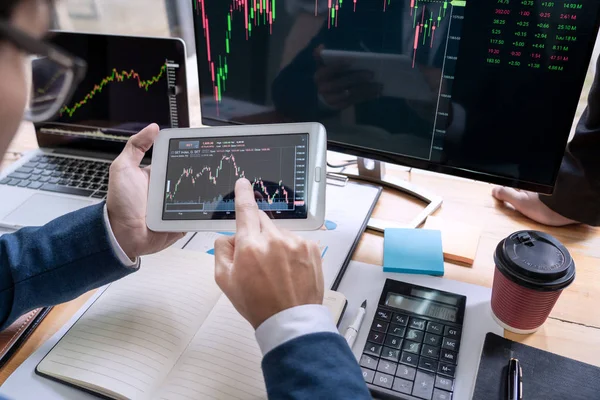
Many misconceptions contribute to the perception that forex trading is illegitimate. Here are a few common beliefs:
- It’s a Get-Rich-Quick Scheme: Many novices believe they can make quick profits. In reality, successful trading requires knowledge, skill, and experience.
- All Brokers are Scammers: While there are fraudulent brokers, many reputable firms exist. It’s crucial to conduct thorough research.
- You Need a Lot of Money to Start: Many brokers allow traders to start with small amounts, democratizing access to the forex market.
Regulatory Framework: Ensuring a Legitimate Market

Regulatory authorities play a crucial role in ensuring the legitimacy of the forex market. Various organizations oversee forex brokers and trading practices, providing a framework for safe trading.
Key Regulatory Bodies
| Country | Regulatory Body | Key Functions |
|---|---|---|
| United States | Commodity Futures Trading Commission (CFTC) | Regulates futures and options markets, including forex |
| United Kingdom | Financial Conduct Authority (FCA) | Protects consumers and maintains market integrity |
| Australia | Australian Securities and Investments Commission (ASIC) | Regulates financial services and markets |
| Cyprus | Cyprus Securities and Exchange Commission (CySEC) | Oversees financial markets and enforces regulations |
These regulatory bodies ensure that brokers operate fairly and transparently, protecting traders from fraud and malpractice.
The Risks Involved in Forex Trading: A Closer Look
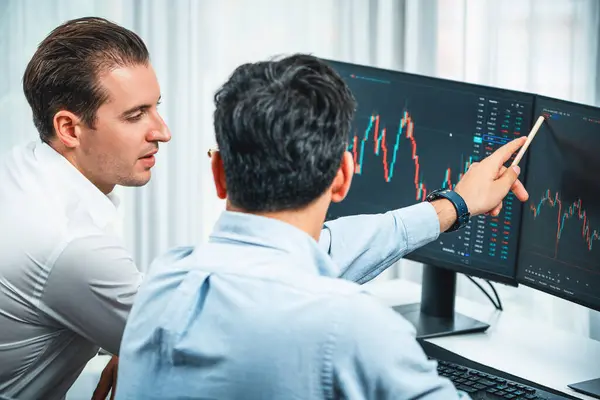
While forex trading can be lucrative, it is not without risks. Traders should be aware of the following:
- Market Risk: Currency values can fluctuate dramatically, leading to potential losses.
- Leverage Risks: Forex brokers often provide leverage, allowing traders to control larger positions with smaller amounts of capital. While leverage can amplify profits, it can also magnify losses.
- Psychological Stress: The fast-paced nature of forex trading can lead to emotional decision-making, impacting profitability.
Practical Risk Management Tips
- Use stop-loss orders to limit potential losses.
- Diversify your trading portfolio to spread risk.
- Stay informed about global economic events that can influence currency values.
Success Stories: Real Traders in the Forex Market
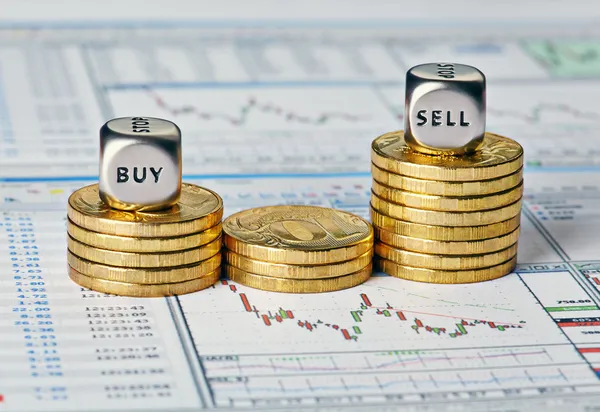
Despite the risks, many traders have found significant success in the forex market. Here are a couple of inspiring examples:
- George Soros: Known as the “man who broke the Bank of England,” Soros made a $1 billion profit by short-selling the British pound in 1992. His strategic approach and understanding of market dynamics showcase the potential of forex trading.
- Kathy Lien: A renowned forex trader and author, Lien has built a successful career through her expertise in currency trading. Her insights and strategies have inspired many traders to achieve their financial goals.
Evaluating Forex Brokers: Key Indicators of Legitimacy
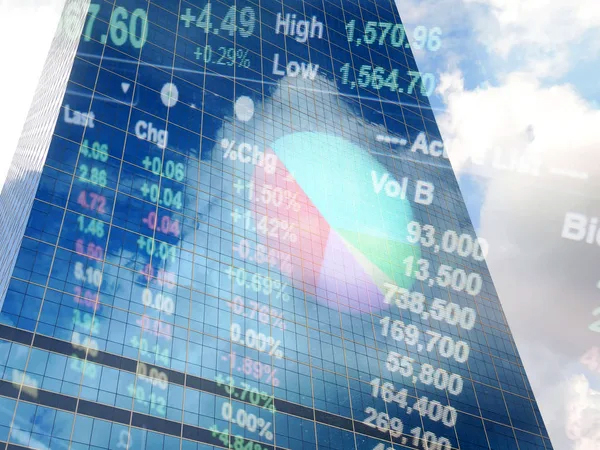
When choosing a forex broker, it is vital to look for certain indicators that signify legitimacy. Here are some bold key indicators to consider:
- Regulatory Compliance: Ensure the broker is regulated by a recognized authority.
- Reputation: Research online reviews and trader feedback.
- Transparent Fees: Legitimate brokers clearly outline their trading fees and commissions.
- Customer Support: A responsive support team indicates a broker’s commitment to customer service.
Conclusion
The legitimacy of forex trading depends on various factors, including regulatory oversight, broker reputation, and trader education. While the market offers lucrative opportunities, it is essential to approach it with a solid understanding of the risks involved and to conduct thorough research before engaging with any broker. By doing so, traders can enter the forex market with confidence, equipped to navigate its complexities and potential pitfalls.
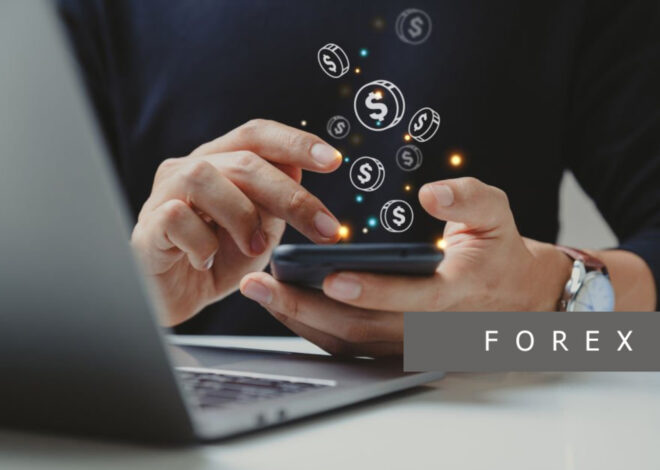
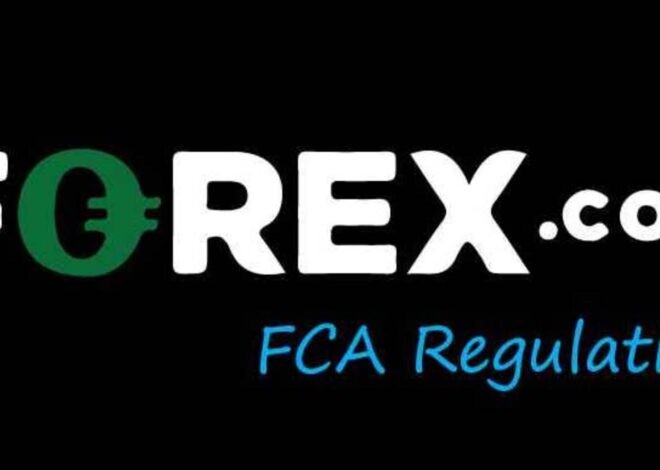
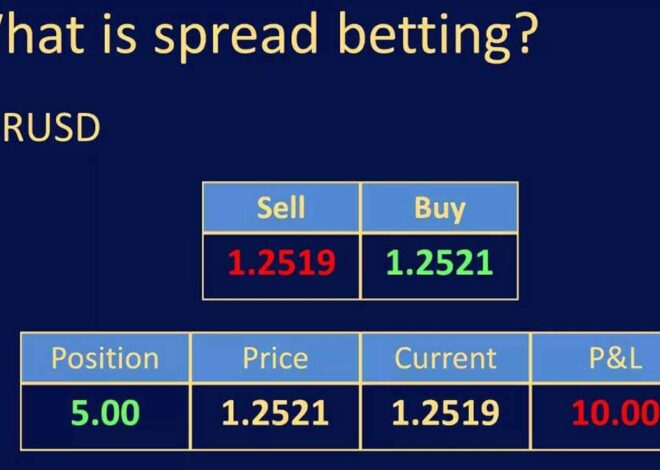
I’ve heard a lot about forex scams. It’s good to know there are legit brokers too.
Forex trading seems interesting, but I wonder how to find a good broker?
‘Stop-loss orders’ sound like a smart way to manage risk. Thanks for sharing that tip!
Great info on regulations! It makes me feel safer about trading if there are rules.
‘Psychological stress’ in trading is real! I can see how emotions play a big part.
‘Market liquidity’ sounds complicated, but I think it’s important for trading.
This article explains the basics of forex trading very well. I appreciate the clear examples.
I didn’t realize so much money is traded daily in forex! That’s impressive.
‘Success stories’ motivate me! If they can do it, maybe I can too!
‘Get-rich-quick’ is a big myth. It’s true you need skills to succeed!